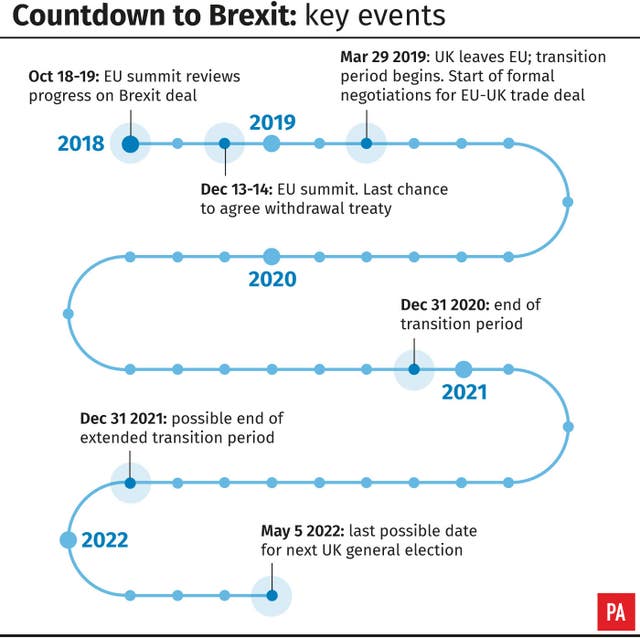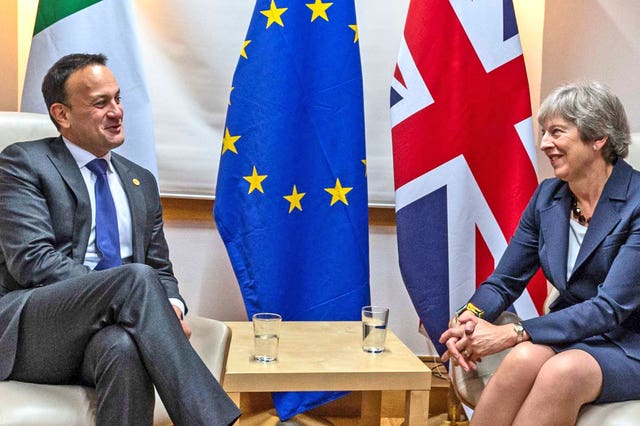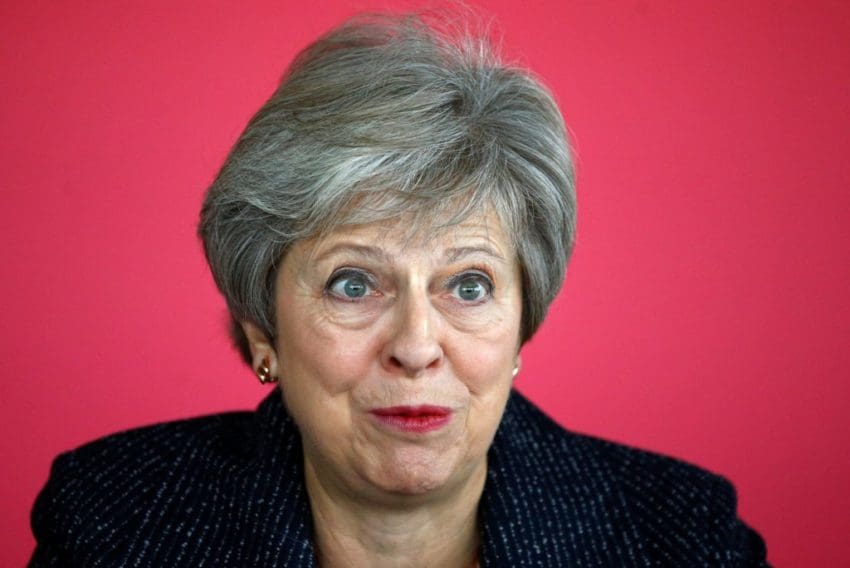Tory Brexiteers have been told to “concentrate their fire” on Theresa May instead of her officials by former Whitehall mandarins as tensions over talks with the EU mount.
Three former cabinet secretaries joined forces to condemn attacks on Olly Robbins, the leading civil servant in the exit negotiations.
Lord Armstrong of Ilminster told the Times “those who wish to undermine or frustrate” Mrs May’s Brexit policy should “concentrate their fire on the organ grinder” rather than the “monkey”.
Lord Butler of Brockwell, who served under Sir John Major and Tony Blair, said attacks against advisers were not in the national interest, while Lord O’Donnell said the way to strike a good deal with the European Union was not by “attacking our own officials”.
Sir Mark Sedwill, the acting Cabinet Secretary, took the unusual step of writing to the newspaper earlier this week to defend Mr Robbins, who is widely mistrusted by Brexiteers who believe he wants to keep the UK in a close orbit around the EU.
It comes after Mrs May attempted to reassure business leaders about the progress being made in the Brexit talks following a tricky week.
In a 35-minute conference call with around 130 company bosses, the PM is said to have told them she knows time is running out to reach a Brexit deal, but is confident it can be done.
Stephen Martin, IoD director general, said the PM did not say if the possibility of extending the transition period was being seriously considered.

He told BBC Radio 4’s PM programme: “She accepts fully that time is running out and a deal needs to be done certainly in the autumn, as she put it.
“We need time to get ready for that. She was very clear she accepts the uncertainty that it’s causing at the minute and the impact that could be having.
“But she was making it clear to everybody that she does believe a deal can be done and she is confident.
“The only sticking point is the Northern Ireland border and the backstop arrangements.”
Downing Street said Mrs May told the business leaders that “significant progress” has been made in the talks.
“She acknowledged that there were a few significant issues that were still outstanding, but said that the very real sense she had from leaders around the table at the council was that they wanted to reach a deal as soon as possible this autumn,” a No 10 spokesman said.
“She emphasised that both sides wanted to have our future relationship in place by the end of December 2020 so that the backstop never needed to be used, but that the negotiating teams would work intensively on this to find a way forward.”

Japanese car firms warned that failing to reach a Brexit deal must be “avoided at all costs”.
Akio Toyoda, chairman of the Japan Automobile Manufacturers Association, said: “If no withdrawal agreement is reached and the transition period through December 2020 is consequently not implemented, corporate activities and consumers will be adversely affected by the impacts of suspended production activities resulting from failed just-in-time logistics operations, declines in revenue, and revised vehicle sales prices caused by spiralling logistics and production costs.
“We hope that both the UK and EU governments will continue to make maximum efforts to reach a satisfactory settlement and that a “withdrawal without agreement” is avoided at all costs.”
Mrs May faced a Tory backlash after signalling she is ready to delay the UK’s final departure from the EU’s hold until 2021 in a last ditch bid to end the deadlock over the Irish border issue.
Britain has secured a 21-month transition period following the formal date of Brexit in March 2019, to give authorities and companies time to prepare for new arrangements.
But EU chiefs indicated it could be extended when they met at the European Council summit this week in Brussels.


